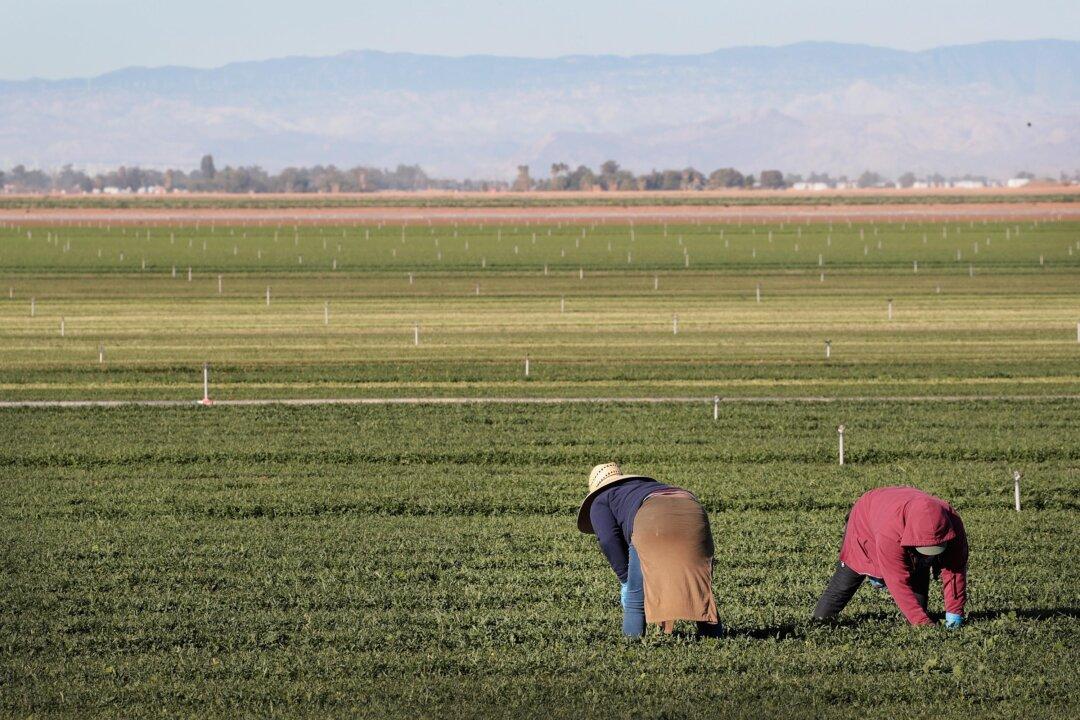The House of Representatives approved a measure on Dec. 11 that could give legal status to some illegal immigrants who work on farms.
The Farm Workforce Modernization Act passed 260–165.


The House of Representatives approved a measure on Dec. 11 that could give legal status to some illegal immigrants who work on farms.